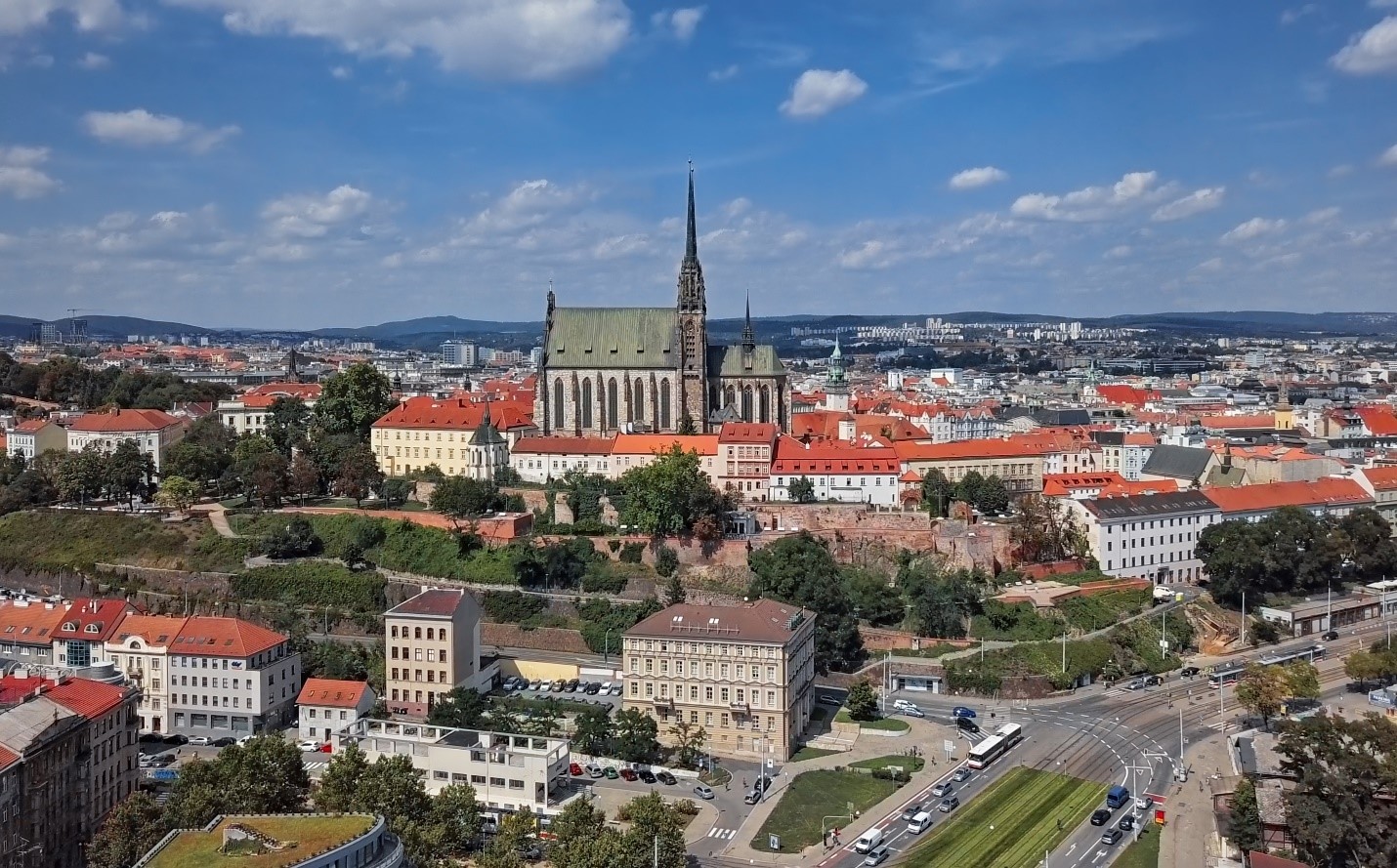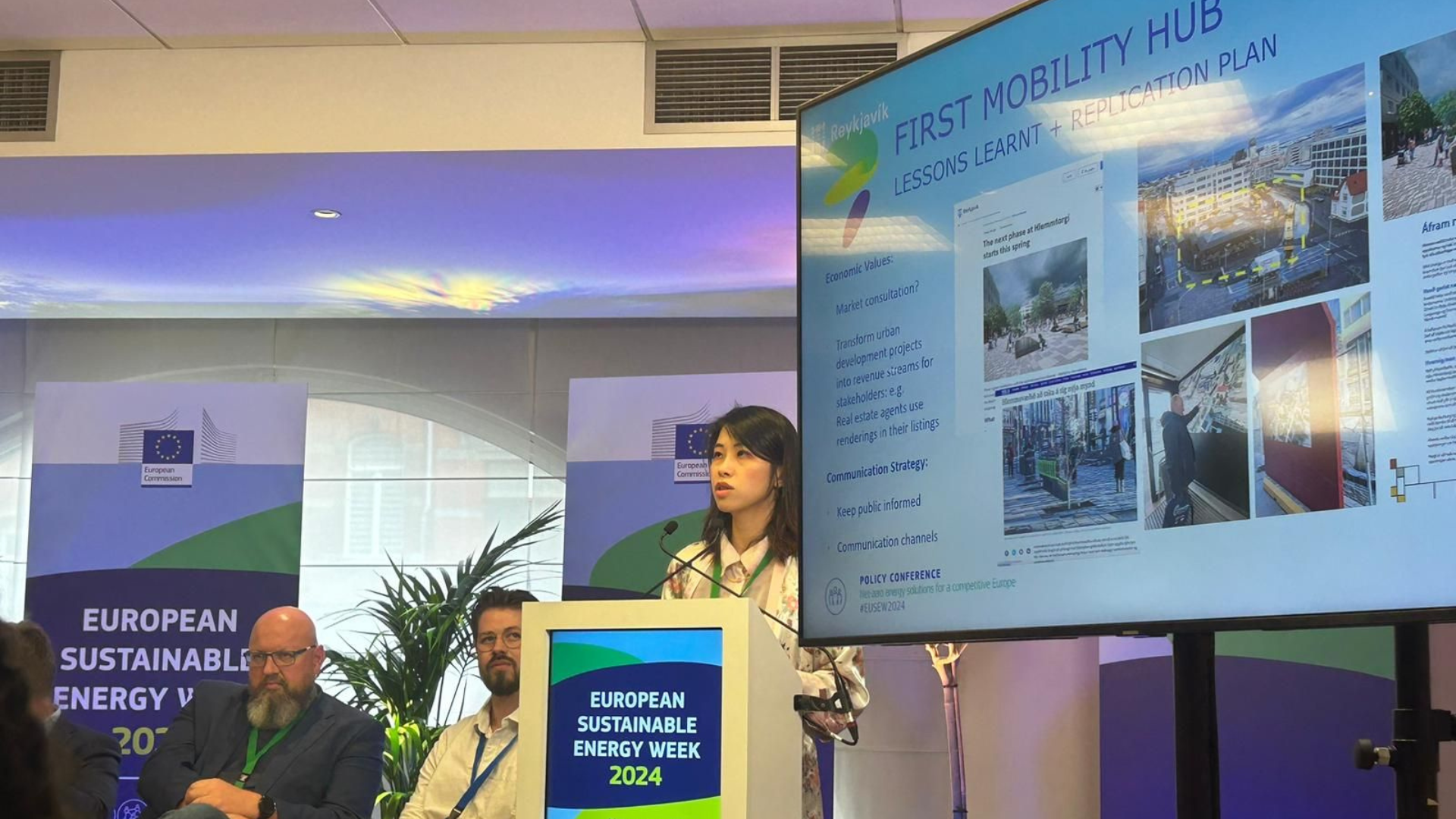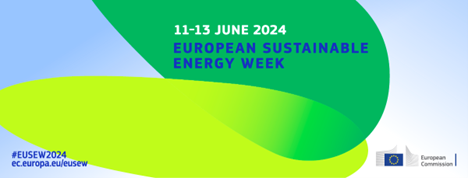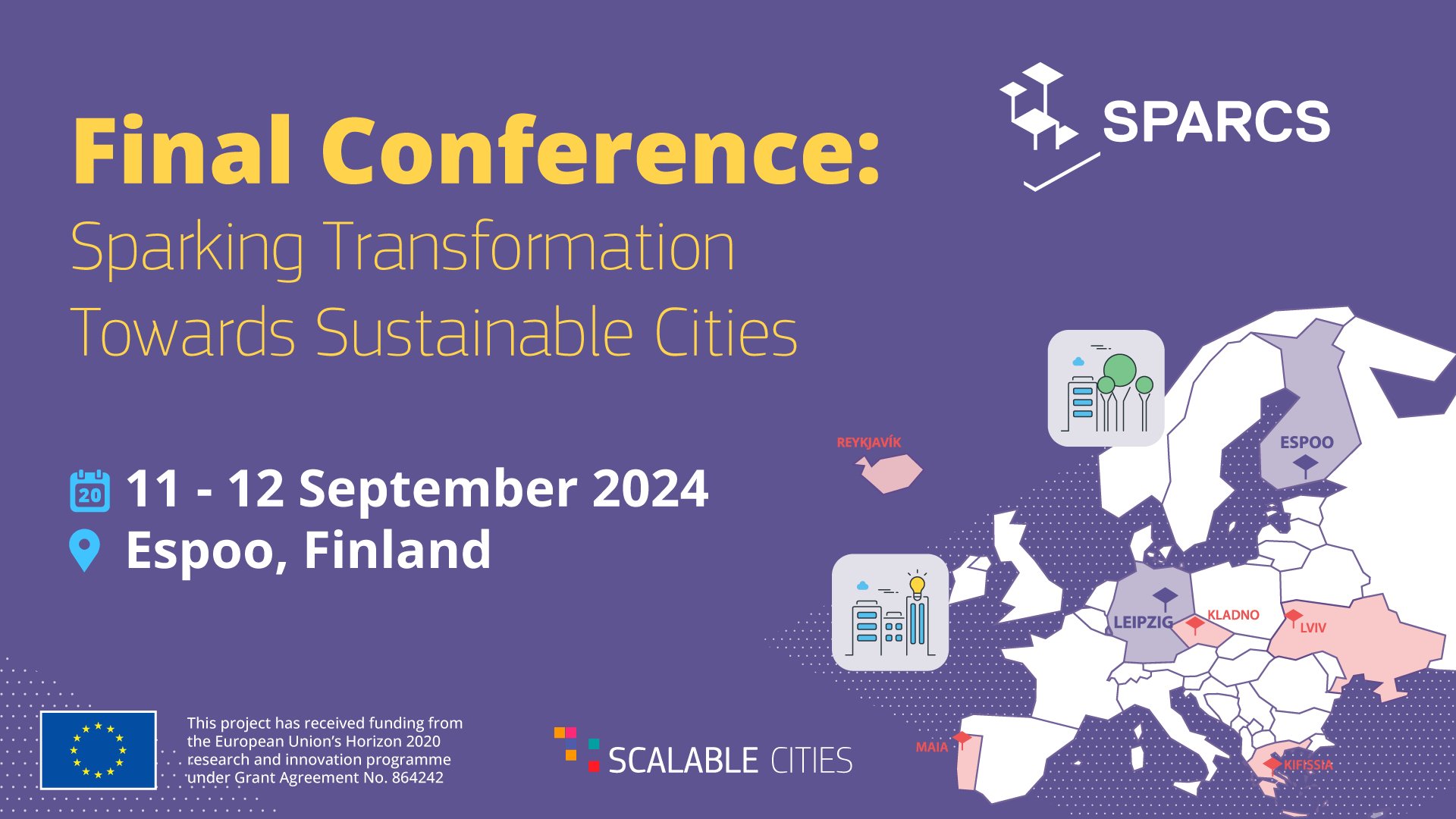Reykjavik
Reykjavik has a goal of becoming carbon neutral by 2040. If the goals of the Paris Agreement are to be achieved, emissions in Reykjavik must be halved by 2030 and then halved again in the following decade. Transport and construction are by far the main sources of greenhouse gas emissions in Reykjavík; shifting the modes of mobility remains as a great challenge to the city.
In December 2020, Reykjavik Green Deal was established as a roadmap for economic recovery after COVID-19. The Green Deal focuses on all three dimensions of sustainability to build an inclusive society: economic, environmental, and social. The City’s Climate Action Plan has been further updated to facilitate complete energy exchange, encourage health-positive multi-modal mobility, eco-friendly city planning, application of circular economy, promote low-carbon materials and design in built environment, and effective carbon capture technology. Reykjavík will achieve these goals through collaboration and co-creation with citizens and other regional and national stakeholders.
GOALS
- Replace fossil fuels, that today are only used by the transport sector, with electrification and sustainable fuels.
- 100% of municipal vehicles free of greenhouse gas emissions by 2025.
- Emissions from road transportation to be cut by 35% from 2005 to 2030 and carbon-neutral before 2040.
- Share of car traffic 58%, public transport 12% and walking and cycling 30% by 2030.
- Increasing ratio of EV’s ownership in Reykjavík vs. fossil fuel.
- No fossil fuel cars registered after 2030.
- 90 % of residents enjoy basic service proximity by 2025.
- 50% percentage of trips to work are with other means of transport than private car by 2040.
- Co2 emission from waste close to 0 by 2025.

DISTRICT
The SPARCS projects in Reykjavík will be implemented citywide. Through the pilot projects in the field of mobility and sustainable ecosystem of the built environment within SPARCS, the City of Reykjavík aim to apply the learning into the upcoming development, mostly will be at close adjacency of the upcoming cross-municipal city line, Borgarlínan.
TOPICS
Urban planning and land use
Reykjavik Green Deal calls for urban densification which also produces opportunities for a more efficient public transport system. The city is working on several green development sites and nature based climate solutions.
Energy
Geothermal central heating is used in every house and all electricity production is 100% renewable, based on geothermal energy as well as hydropower.
Low-carbon energy production
Hydropower and geothermal energy are the sources of energy in Iceland. The company Carbfix, part of Reykjavik Energy Group (OR), is furthermore providing a natural and permanent storage solution by turning CO2 into stone underground in less than two years.
Mobility
Reykjavik introduced the 15 min neighbourhood back in 2014 that is still actual. The city has a Sustainable Urban Mobility Plan and is investing significantly in green mobility infrastructure including several multi-modal mobility hubs. More resources will be allocated in public health within the mobility fields. To reduce CO2 emissions the city is working on shifting the modal split and public´s behaviour by advancing the transport system. This includes infrastructure for electric cars and a new bus rapid transit system, Borgarlínan, that will lead to major improvements in the capacity and efficiency of the city’s public transport system.
Developing very energy efficient districts
Reykjavík Energy is working on test projects in 2021-2024 finding optimal solutions for lowering peak load for the electricity distribution system either with technical solutions or by changing the charging habits of EV owners.
Public engagement
Reykjavík offers various options to enhance public participation in deliberative democracy and democratic decision making. Projects such as Better Reykjavík, My District and Climathon (Climate-KIC initiative) connect the municipality to residents who are empowered to participate in policy development to co-create a more sustainable future.
ICT
City of Reykjavík is a small and highly integrated society with consumers who are quick to adapt to new technologies; and is going through a citywide digital transformation process. Iceland has a world-class IT infrastructure and possesses the world’s highest IDI performance according to the ICT Development Index.
Governance
Reykjavik is a progressive city that emphasizes social innovation in its policies, including new policies on democracy, employment and innovation, a service policy focused on digital transformation, ambitious education policy and many other socially innovative programmes.




